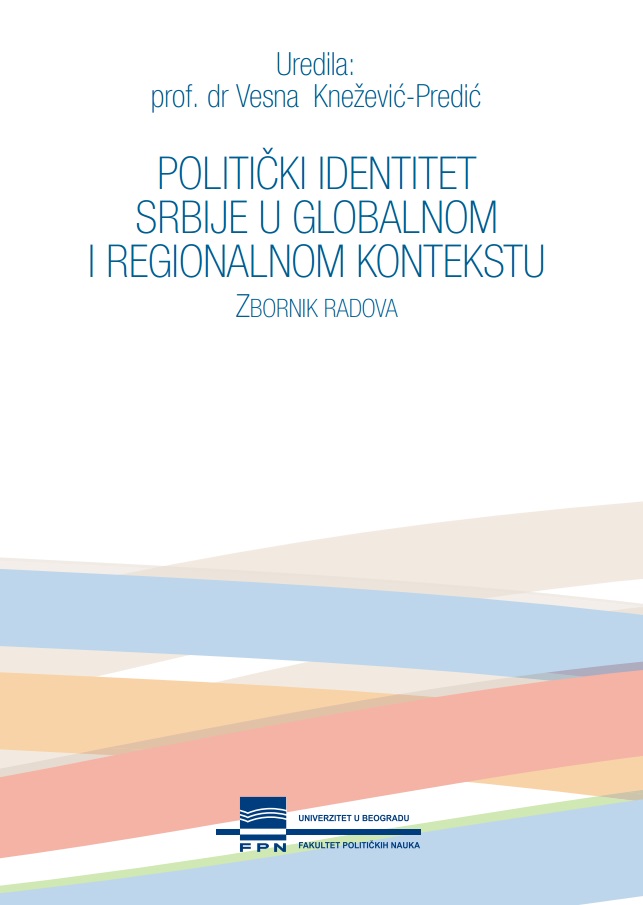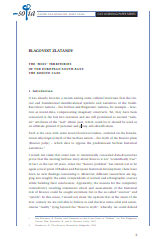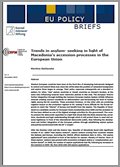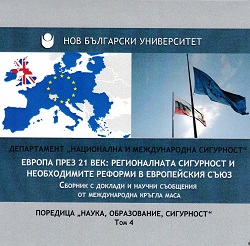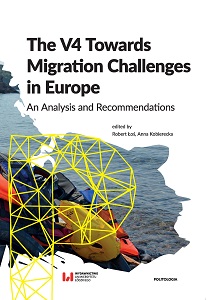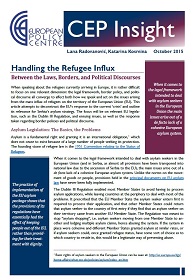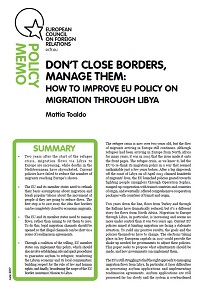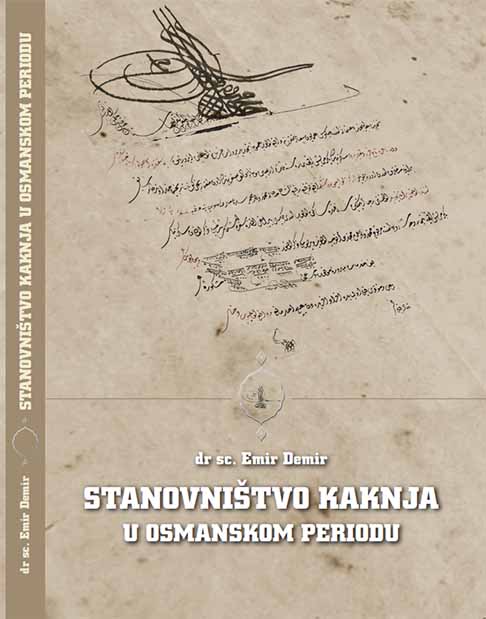
CSD Policy Brief No. 36: Educational Integration of Refugee and Asylum-Seeking Children: the Situation in Bulgaria and the Experience of other European Countries
KEY POINTS According to the Migrant Integration Policy Index (MIPEX) for 2011, Bulgaria reaches an average of 15 per cent of the internationally recognised standards in relation to policies on access to education, assessment of knowledge upon arrival and assistance during language learning. The educational integration of RASC in Bulgaria is organised in two stages: preparation for school enrolment and integration into the public school system. ››› The main focus is on the preparatory stage which ensures school enrolment. The second stage, during which the true educational integration of RASC takes place, develops in the public schools and is not supported by special programmes and additional resources. ››› The studying of Bulgarian language is viewed as the main (and the only) element of the educational integration of RASC. Other particularly important aspects of educational integration like preparatory courses in the main subjects, participation of parents in the education process, providing school materials and appliances or mother tongue training currently remain unconsidered by the responsible institutions. There is no systematic observation and data collection with regard to RASC presence and performance in the public school system of Bulgaria.
More...
